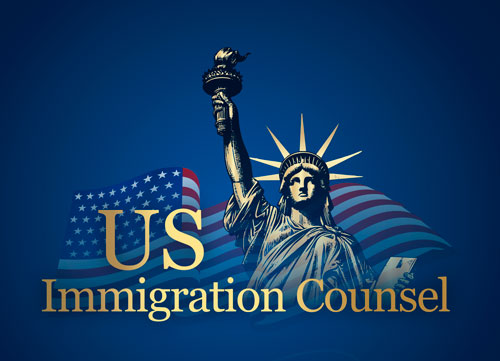Military Naturalization
Military naturalization offers a path to U.S. citizenship for individuals who have served or are currently serving in the U.S. armed forces. This streamlined process honors their commitment and service, allowing them and, in some cases, their families to benefit from faster access to citizenship.
Who Qualifies for Military Naturalization?
To be eligible, applicants must meet specific criteria based on their service:
-
Have served honorably in the U.S. military for at least one year, or
-
Have served during a designated period of hostilities (ongoing since September 11, 2001), regardless of time in service
-
Be at least 18 years old (exceptions apply during wartime service)
-
Be a lawful permanent resident at the time of the naturalization interview
-
Demonstrate good moral character from at least five years prior to filing through the date of naturalization
How the Process Works
Service members can often access support through a USCIS liaison at their military installation. The application is completed using Form N-400, Application for Naturalization. Unlike most civilian applicants, eligible military members are not required to meet the continuous residence requirement.
Applicants must also complete the standard two-part naturalization test:
-
English Test: Reading, writing, and speaking
-
Civics Test: U.S. history and government knowledge
The process can begin up to 90 days before reaching the required period of permanent residency.
Additional Benefits for Military Families
Military naturalization benefits extend beyond the service member. Some family members may also qualify for expedited or posthumous benefits:
-
Children of service members stationed abroad may obtain citizenship using Form N-600K, even if they’ve never been in the U.S.
-
Immediate relatives of a U.S. citizen service member who died during active duty may apply for citizenship under Section 319(d) of the Immigration and Nationality Act.
Why It Matters
Military naturalization acknowledges the sacrifice and loyalty of those who serve. Citizenship opens the door to civic participation, access to federal benefits, the ability to apply for certain security-clearance jobs, and the chance to reunite with family members through sponsorship.

